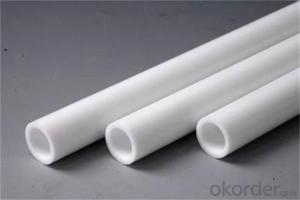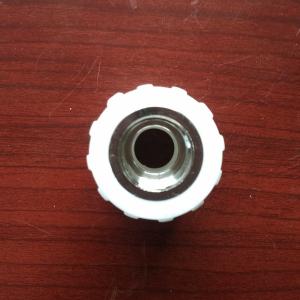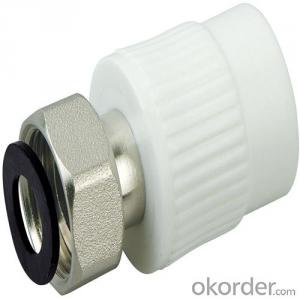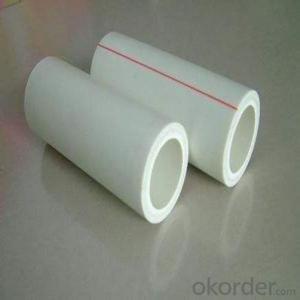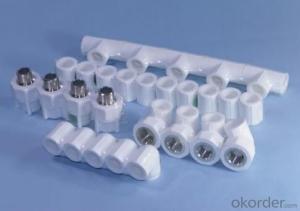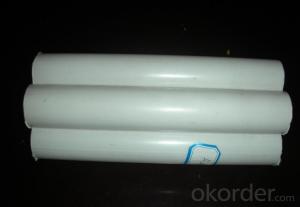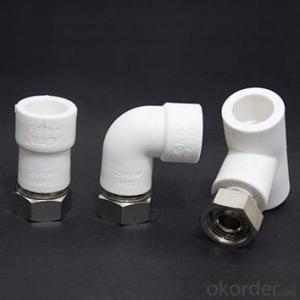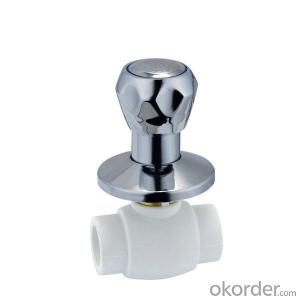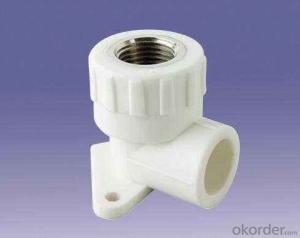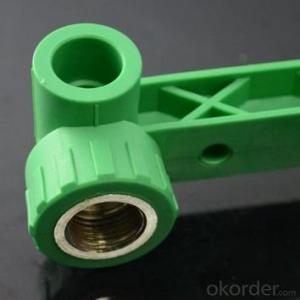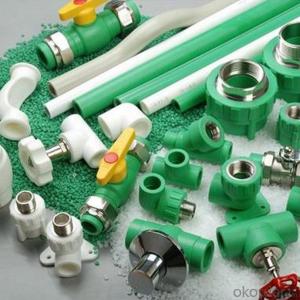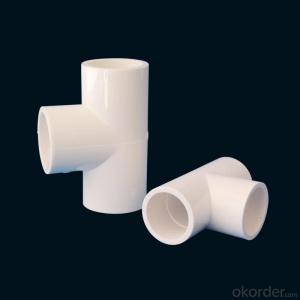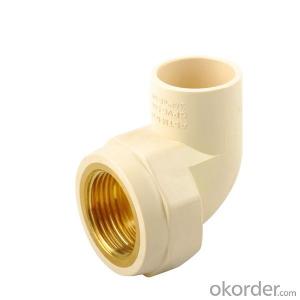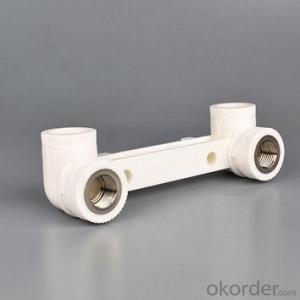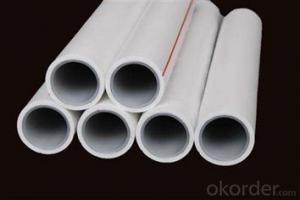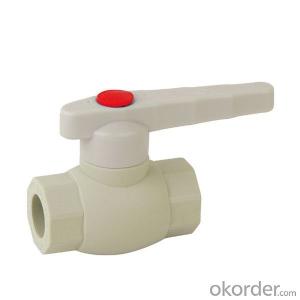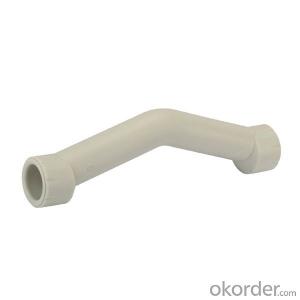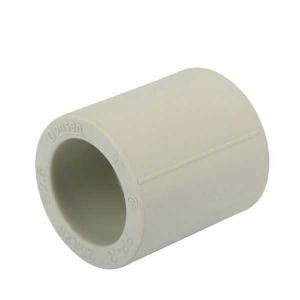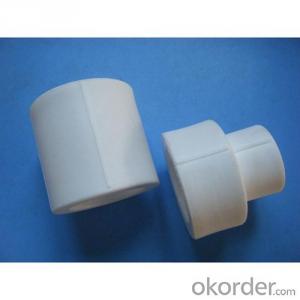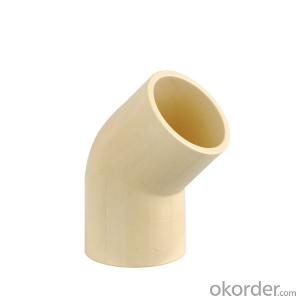All Categories
- - Steel Wire Rod
- - Steel Coils
- - Steel Profiles
- - Steel Pipes
- - Stainless Steel
- - Tinplate
- - Special Steel
- - Steel Sheets
- - Steel Rebars
- - Steel Strips
- - Hot Rolled Steel
- - Cold Rolled Steel
- - Pre-painted Steel
- - Seamless Steel Pipe
- - Welded Steel Pipe
- - Hollow Steel Tubes
- - Galvanized Pipe
- - Stainless Steel Coil
- - Stainless Steel Sheet
- - Stainless Steel Plate
- - Stainless Steel Strips
- - Electrolytic Tinplate Coil
- - Electrolytic Tinplate Sheet
- - Stainless Steel Rebars
- - Solar Panels
- - Solar Water Heater
- - Solar Related Products
- - Solar Inverter
- - Solar Cells
- - Solar Light
- - Solar Energy Systems
- - Solar Controllers
- - Solar Mounting System
- - Solar Pump
- - Solar Chargers
- - Fiberglass Chopped Strand
- - Fiberglass Mesh Cloth
- - Composite Pipes
- - FRP Pultrusion Profiles
- - Fiberglass Mat Tissue
- - Fiberglass Fabrics
- - Fiberglass Mesh
- - Composite Tank
- - Fiberglass Mesh tape
- - Polymer
- - FRP Roofing Panel
- - Fiberglass Roving
- - Monolithic Refractories
- - Ceramic Fiber Products
- - Refractory Bricks
- - Raw Materials For Refractory
- - Suspended Platform
- - Cranes
- - Concrete Machinery
- - Earthmoving Machinery
- - Building Hoist
- - Road Building Machinery
- - Plastic Pipe Fittings
- - Plastic Tubes
- - Plastic Sheets
- - Agricultural Plastic Products
- - Plastic Nets
 All Categories
All Categories
Q & A
How do plastic pipe fittings differ from metal pipe fittings?
Plastic pipe fittings differ from metal pipe fittings primarily in terms of material composition and physical properties. Plastic pipe fittings are made from various types of plastics, such as PVC (polyvinyl chloride), CPVC (chlorinated polyvinyl chloride), or PEX (cross-linked polyethylene), while metal pipe fittings are typically made from materials like brass, copper, or stainless steel.
One major difference is that plastic pipe fittings are generally more lightweight and easier to handle and install compared to metal fittings, which can be heavier and require specialized tools for installation. Plastic fittings are also more resistant to corrosion and chemical reactions, making them suitable for a wider range of applications, including plumbing, irrigation, and HVAC systems.
However, metal pipe fittings are often preferred in high-pressure or high-temperature environments due to their greater strength and durability. Metal fittings also provide better fire resistance and can withstand more physical stress. Additionally, metal fittings offer a more secure and reliable connection, as they can be soldered or welded together, while plastic fittings are typically joined using solvent cement or mechanical connections.
Ultimately, the choice between plastic and metal pipe fittings depends on the specific requirements of the project, including the system's function, location, and operating conditions.
Do plastic pipe fittings require protection from sunlight?
Yes, plastic pipe fittings generally require protection from sunlight. Exposure to UV rays can cause the plastic to degrade over time, leading to potential leaks or failures. Therefore, it is important to protect plastic pipe fittings by using UV-resistant materials, covering them with insulation or using protective coatings.
Can plastic pipe fittings be used for pharmaceutical manufacturing systems?
No, plastic pipe fittings are generally not used for pharmaceutical manufacturing systems due to the risk of leaching and contamination. Stainless steel or other inert materials are preferred to ensure the highest level of safety and product purity.
Wholesale Plastic Pipe Fittings from supplier in Zambia
Whether you are in need of PVC pipe fittings, HDPE pipe fittings, or any other type of plastic pipe fittings, we have you covered. Our team of experienced professionals is dedicated to providing top-quality products and exceptional customer service.
When you choose us as your supplier, you can expect competitive pricing, timely delivery, and reliable technical support. We understand the importance of meeting project deadlines and ensuring that the products we supply meet the highest industry standards.
With our extensive product range, we can cater to various industries and applications, including irrigation, plumbing, construction, and more. Whether you are a contractor, engineer, or distributor, we have the right plastic pipe fittings to meet your specific needs.
As a subsidiary of CNBM, a Fortune Global 500 company, we have the backing of a renowned and reputable organization. This allows us to leverage our global network, resources, and expertise to provide comprehensive procurement services. We have established strong relationships with manufacturers, ensuring that we can offer competitive prices without compromising on quality.
With years of market presence in Zambia, we have gained valuable insights and understanding of the local industry. This enables us to provide valuable expertise and support for your projects. Our team is well-versed in local regulations and requirements, ensuring that you receive the right products that comply with the necessary standards.
Contact us today to discuss your plastic pipe fittings requirements in Zambia. We are confident that we can be your trusted partner in supplying high-quality products and delivering exceptional service.
When you choose us as your supplier, you can expect competitive pricing, timely delivery, and reliable technical support. We understand the importance of meeting project deadlines and ensuring that the products we supply meet the highest industry standards.
With our extensive product range, we can cater to various industries and applications, including irrigation, plumbing, construction, and more. Whether you are a contractor, engineer, or distributor, we have the right plastic pipe fittings to meet your specific needs.
As a subsidiary of CNBM, a Fortune Global 500 company, we have the backing of a renowned and reputable organization. This allows us to leverage our global network, resources, and expertise to provide comprehensive procurement services. We have established strong relationships with manufacturers, ensuring that we can offer competitive prices without compromising on quality.
With years of market presence in Zambia, we have gained valuable insights and understanding of the local industry. This enables us to provide valuable expertise and support for your projects. Our team is well-versed in local regulations and requirements, ensuring that you receive the right products that comply with the necessary standards.
Contact us today to discuss your plastic pipe fittings requirements in Zambia. We are confident that we can be your trusted partner in supplying high-quality products and delivering exceptional service.
